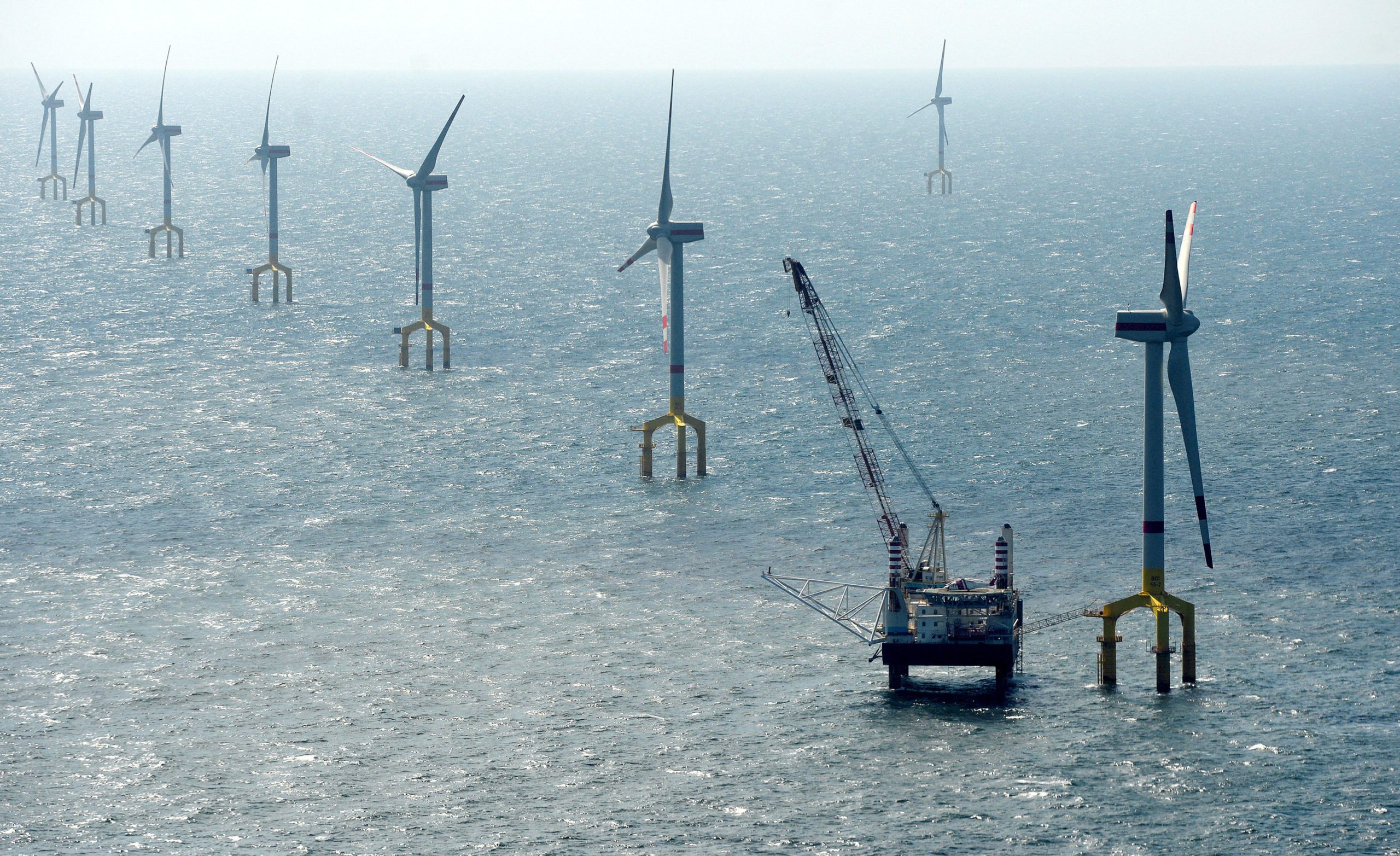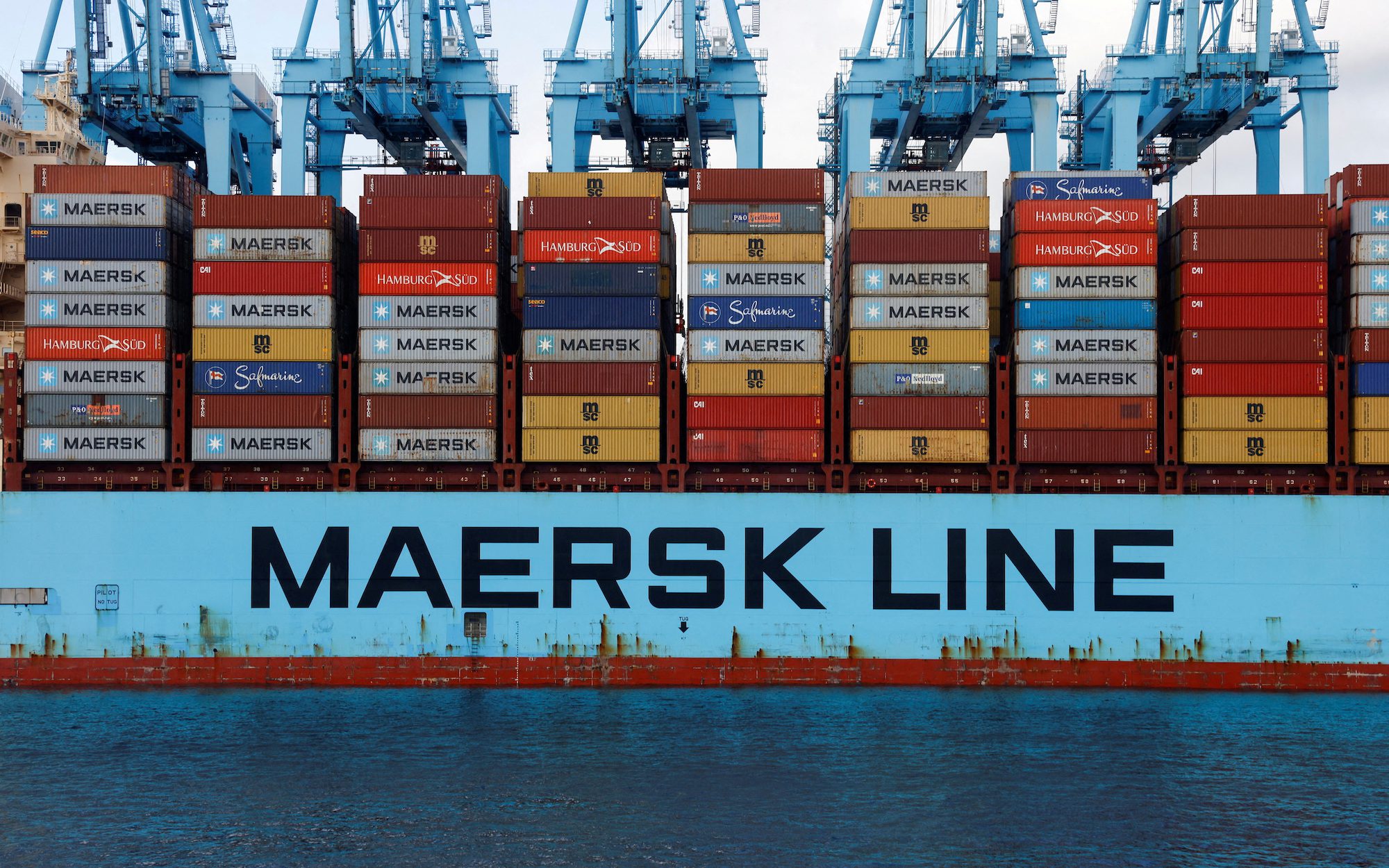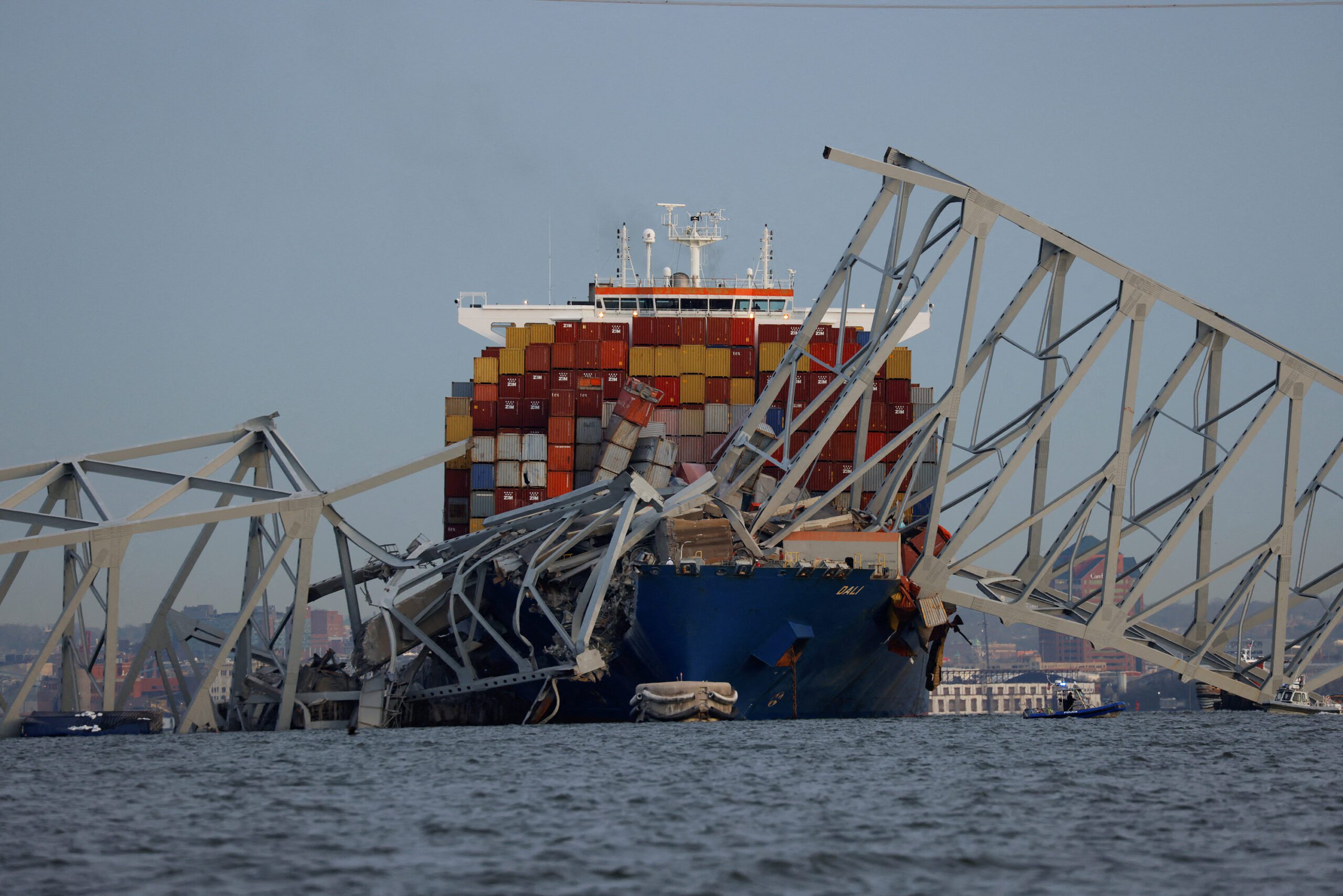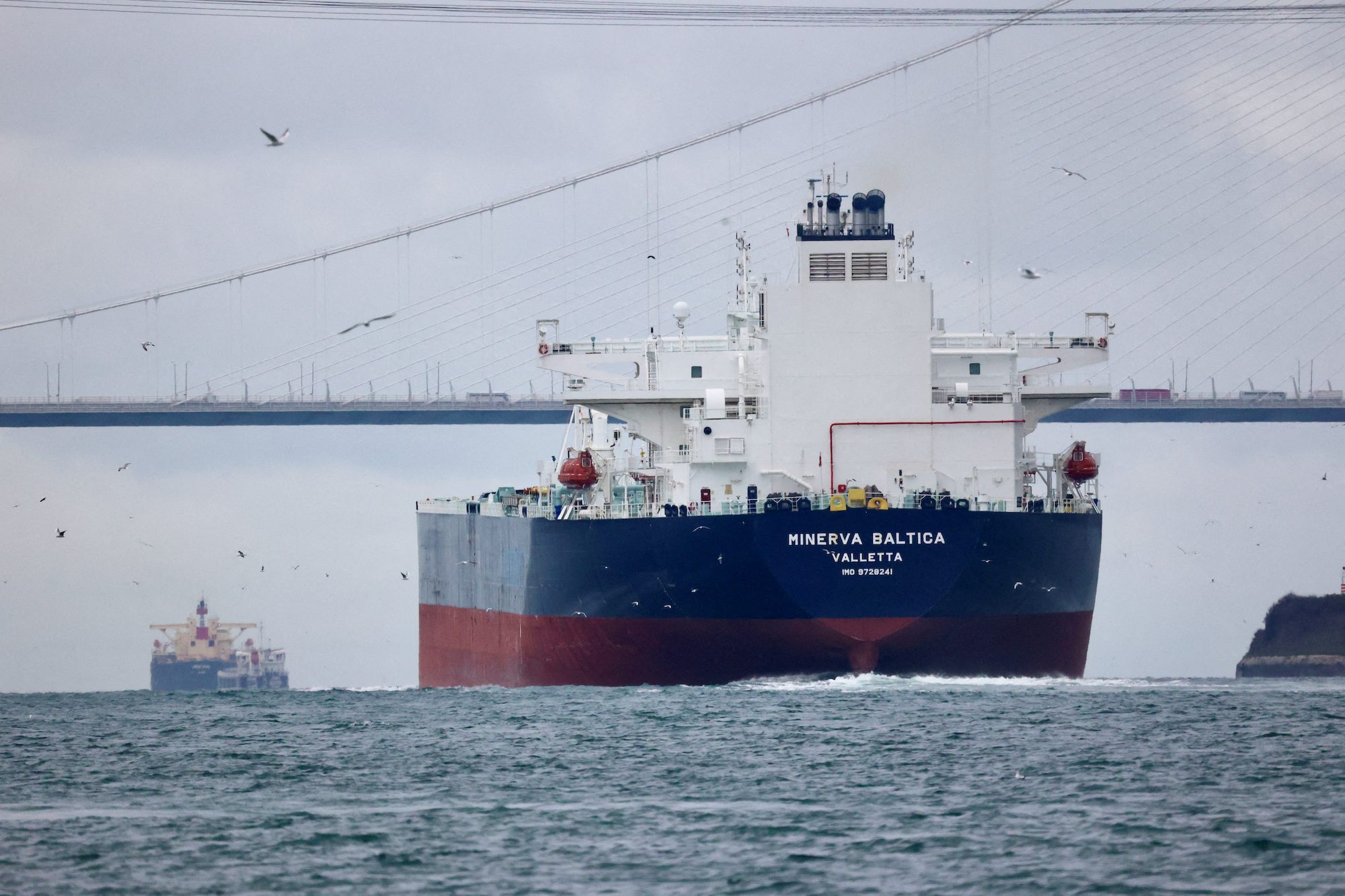by Jacob Gronholt-Pedersen (Reuters) Germany has secured a power link to a planned offshore wind hub in the Danish part of the Baltic Sea that will help reduce energy dependence on Russia, Denmark’s energy ministry said on Monday.
The planned energy hub on the island of Bornholm will by 2030 link several offshore wind parks in the Baltic Sea with a total generating capacity of at least 3 gigawatts, enough to power 4.5 million German households, the ministry said in a statement.
Related Book: Building an Offshore Wind Farm: Operational Master Guide by Mr Jochem Tacx
The hub will be connected to Germany via a 470 kilometre power cable.
Investment and future profit will be shared equally between Germany and Denmark, the statement said without giving financial details.
“The Danish-German cooperation is a flagship project,” Germany’s Minister of Economy and Climate, Robert Habeck, said in the statement.
“The green electricity from Bornholm Energy Island will supplement the national electricity production and reduce our dependence on importing fossil energy,” he said.
Last year, the two countries began operating a smaller cross-border cable that also connects several wind farms in the Baltic Sea.
Bornholm Energy Island is part of Denmark’s broader plan to increase domestic offshore wind power production five-fold by 2030.
Early plans by Northern European countries to create a common power grid under the North Sea to connect future offshore wind farms have faced financing and regulatory challenges.
Denmark will host an energy summit on the Baltic Sea island on Tuesday.
Related Book: Building an Offshore Wind Farm: Operational Master Guide by Mr Jochem Tacx
Reporting by Jacob Gronholt-Pedersen; Editing by Kirsten Donovan, Reuters.
Unlock Exclusive Insights Today!
Join the gCaptain Club for curated content, insider opinions, and vibrant community discussions.

 Join The Club
Join The Club













